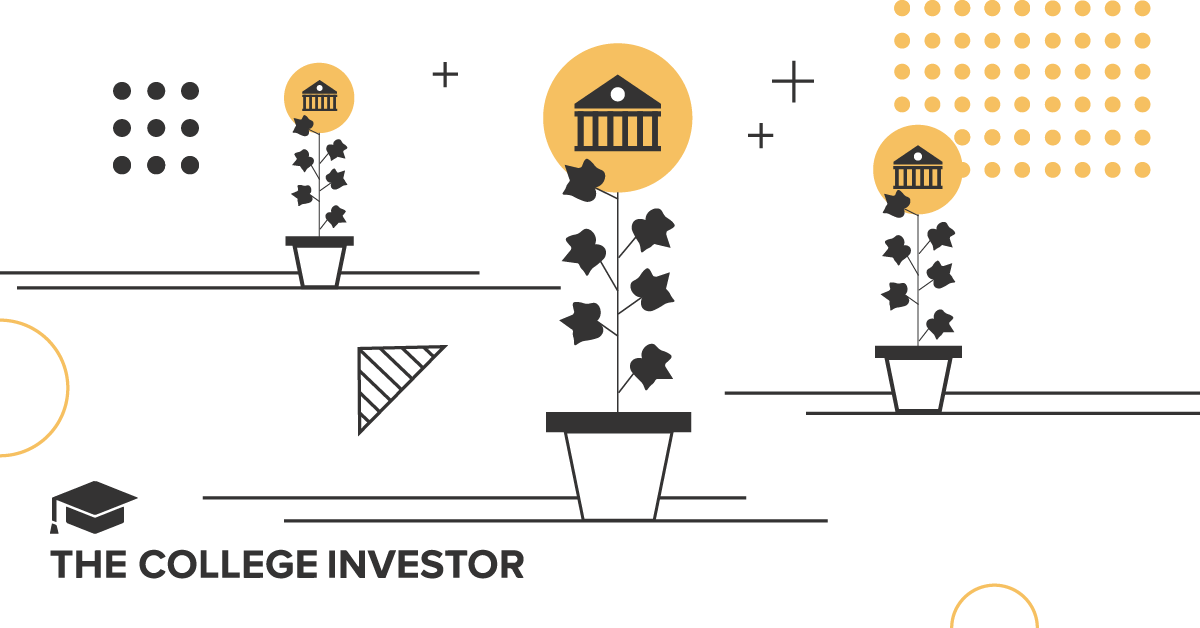The Outsized Impact Of Ivy Plus Colleges


Ivy Plus colleges may enroll just a sliver of U.S. students, but their influence stretches far beyond their campuses.
Their graduates run Fortune 500 companies, lead groundbreaking research, and shape government policy. From Nobel Prize winners to tech founders, these institutions consistently produce high-profile leaders.
But with public confidence in higher education slipping, do the Ivy League and Ivy Plus schools still deserve their elite reputation?
The Ivy League started as an athletic conference, but has become synonymous with elite higher education. It comprises a group of eight prestigious and very selective colleges.
The Ivy Plus colleges includes the Ivy League colleges, plus several additional high quality colleges that have strong reputations for academic and research excellence.
An additional three colleges are sometimes included in the definition of Ivy Plus colleges, and sometimes not.
Related: Most Expensive Colleges In America
Despite their prominence, Ivy Plus colleges enroll a relatively small portion of students. According to the Integrated Postsecondary Education Data System (IPEDS), these institutions represent just 0.6% of all 4-year colleges and enroll approximately 114,000 undergraduate students — only 1% of the total undergraduate population.
These institutions are among the most selective in the nation, admitting fewer than 10% of applicants (5.5% in 2023).
In contrast, the overall acceptance rate among all four-year colleges is 58%. Additionally, Ivy Plus schools see a significantly higher enrollment yield, with two-thirds of admitted students choosing to attend, compared to just 21% at other institutions.
Related: Undermatching: Why Smart Low-Income Students Don’t Enroll in Selective Colleges
While Ivy Plus colleges are renowned for their financial aid policies, they enroll a disproportionately small number of low-income students. According to the FSA Data Center, these institutions account for only:
Many Ivy Plus colleges offer “no-loan” financial aid packages that replace loans with grants, reducing student debt burdens. Despite this, their student body remains skewed toward higher-income backgrounds.
Graduates of Ivy Plus colleges tend to experience significant economic advantages. Data from the College Scorecard indicate that the median income of Ivy Plus graduates 10 years after enrollment is more than double that of other college graduates.
Furthermore, Ivy Plus institutions consistently rank among the top universities globally. In the 2025 Times Higher Education World University Rankings and the QS World University Rankings, 14 Ivy Plus colleges were included in the top 100.
Ivy Plus institutions have had an outsized impact on innovation, business, government, and culture. Some key statistics include:
These statistics suggest that Ivy Plus graduates are significantly overrepresented in leadership roles across multiple sectors.
For example, tech company founders and Nobel Laureate are 25 times more likely to come from an Ivy Plus college than from other institutions.
Public confidence in higher education has declined in recent years, but Ivy Plus colleges continue to enjoy relatively strong public trust. A Gallup survey found that:
These numbers are similar to our recent poll on American’s perception of the value of college in 2025.
While skepticism about higher education is rising, Ivy Plus colleges remain a benchmark for academic and professional success.
Ivy Plus colleges have an outsized influence on the workforce, politics, and scientific progress. Despite enrolling only a small percentage of students, their alumni disproportionately rise to leadership positions and contribute significantly to scientific, engineering and medical fields.
Their impact extends far beyond their campuses, shaping conversations on higher education, socioeconomic success, and institutional prestige.

Many people use their phones to handle everyday tasks, from scheduling appointments to staying connected with family. Budgeting apps are...

Parent PLUS borrowing will be capped beginning July 1, 2026: up to $20,000 per student per year and $65,000 lifetime...

Advisors affiliated with independent broker/dealers often assume that “independence” is a destination rather than a spectrum. Yet, when frustration creeps...